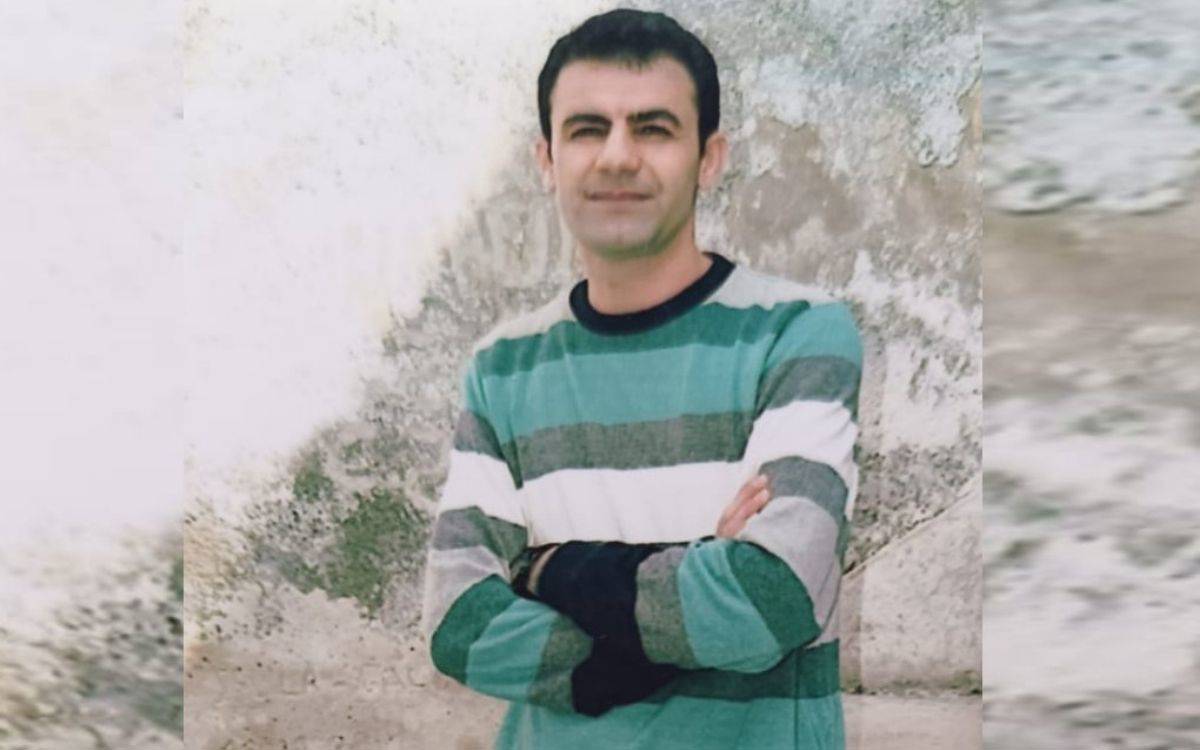Sadık Aslan, who has been held in prison for 18 years and had his release postponed last May for "mentioning the Constitution," will remain in prison for another 3 months, according to a new decision by the prison's Administration and Observation Board.
Aslan, an author of three books, including a novel, is currently detained at the Elazığ 1st High-Security Prison.
Despite having a positive conduct evaluation in May 2023, Aslan was not released, with the justification that he did not show remorse and had the potential to commit crimes again after release.
The recent decision by the board, issued on November 14, states, "Since he did not demonstrate remorse, it is determined that he is not ready to integrate into society." The decision refers to observations from the psychosocial service, stating that Aslan avoided answering key questions regarding his repentance, potential for reoffending, and harm to society and the victim.
The board also referred to Aslan's lack of enthusiasm for participating in educational activities, numerous disciplinary actions, and alleged collaboration with other inmates convicted of terrorism, concluding that he does not exhibit good conduct.
"Prisons perform judicial duties"
Peoples' Equality and Democracy Party (HEDEP) Group Deputy Chair Meral Danış Beştaş brought up the issue of preventing Sadık Aslan's release at the parliament yesterday. During her speech in the General Assembly, Beştaş criticized the prison administration boards, stating, "Prison administration boards have begun to perform judicial duties; they unlawfully judge and imprison people. But killers are set free."
In May, Aslan's lawyer Özge Akyüz had commented on the decision of the Administration and Observation Board to bianet, saying, "In its current state, the Administration and Observation Board is placing itself in the position of a court with groundless, arbitrary, and subjective assessments, claiming that prisoners have the possibility of committing crimes again after release. Moreover, they are essentially rejudging prisoners and transforming the execution law into a new realm of punishment."
It's worth noting that similar decisions were made for other individuals, such as Emrah Kandemir, Emrah Akyol, Fendi Yiğit, Serdar Şitilay, and Suphi Güler, whose releases were also postponed by the board.
Postponement of sentences
The amendment to the Execution of Criminal and Security Measures Law and some other laws, implemented on January 1, 2021, introduced changes to the evaluation of prisoners and the determination of good conduct. The Good Conduct Board, consisting of prosecutors and prison staff, evaluates and prepares reports on prisoners before their conditional release date.
Criteria such as "remorse" and "confession" are considered for political prisoners. Bar association representatives or the prisoner's lawyer are not present in the board. This process can be applied twice, and each time, the conditional release date can be postponed for up to 1 year, with each postponement lasting for 6 months. (FD/VK)






